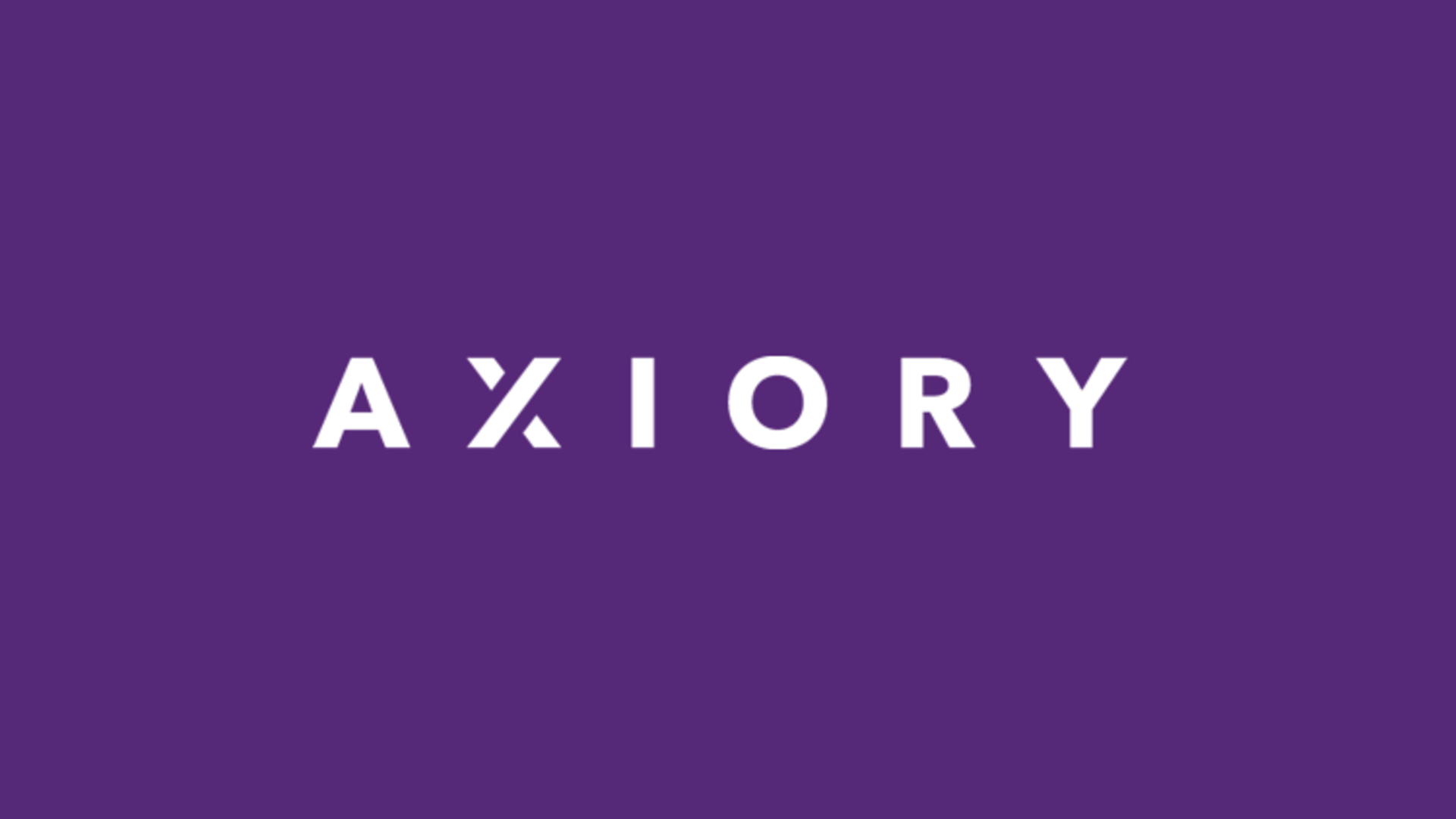Contents
There are probably only a handful of other countries in the world that have done as much for the modern-day civilization as much as Greece has. Often referred to as the “Cradle of Western Civilization”, Greece is a country with an infinitely rich and deep history. This southeastern European country currently has a population of 10.7 million people, with a GDP of $218 billion.
In this guide, we will be making an overview of the Forex trading environment in this amazing country, and discuss what kind of opportunities are there for Greek Forex traders. The guide will focus extensively on the regulator environment of Forex trading in Greece and explain what kind of laws, restrictions, guidelines, safety mechanisms, and more are implemented on the market.
List of top Forex brokers in Greece
If you are a beginner, you may have noticed, that choosing a Forex broker is no easy task, as you have to consider so many things at the same time, such as your safety and security, opportunity cost, longevity, and much more. This is why we have created this list, which is composed only of the best-of-the-best Forex brokers in Greece. Through our extensive experience on how to identify the best Forex brokers that market has to offer, we have boiled the options down to only the very best brokers. Check out all of them below, and you will be able to find your ideal, personal-best Forex broker in Greece!
XM
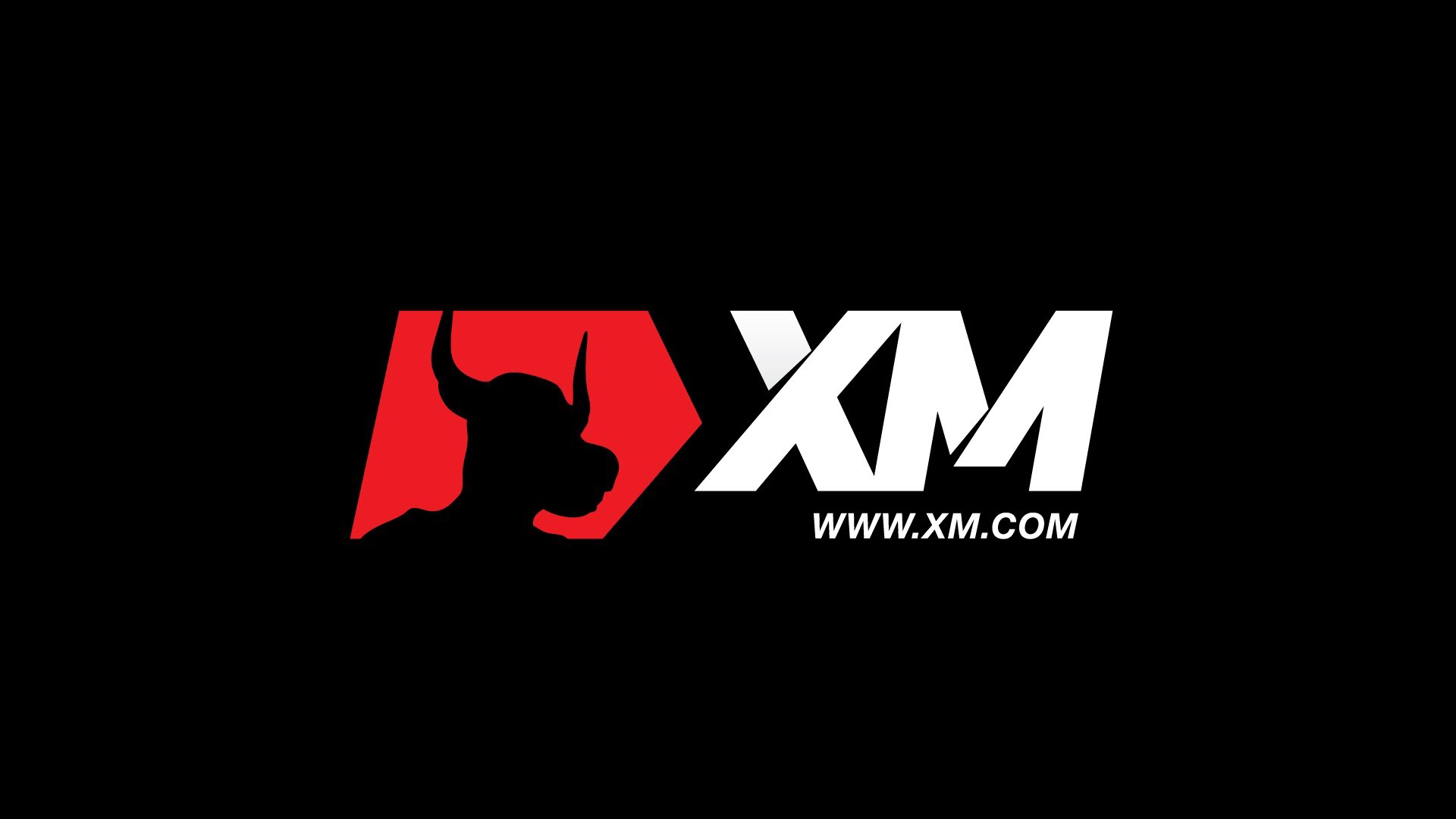

Min. Depo
$5

Licences
FCA, CySEC, IFSC, ASIC, DFSA

Leverage
1:888

Platforms
MT4, MT5, WebTrader
AvaTrade


Min. Depo
100 USD

Licences
ASIC, FSA, FSCA, FFAJ, FSRA, FSC

Leverage
400:1

Platforms
MT4, MT5
Exness
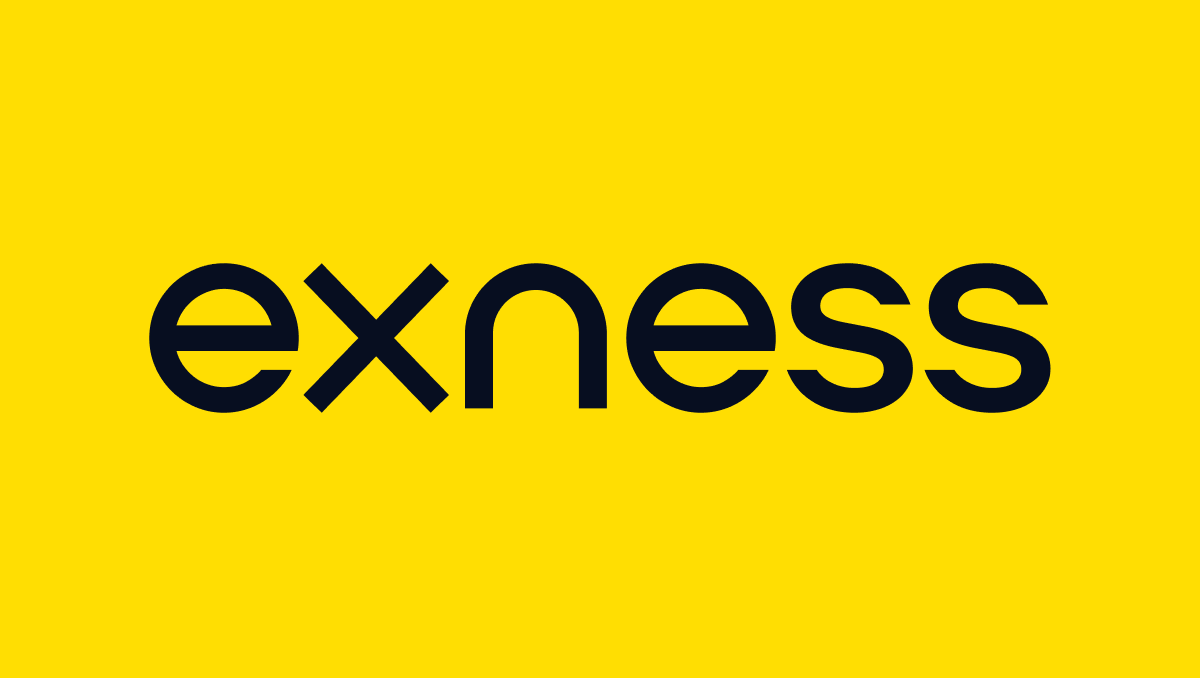

Min. Depo
$10

Licences
CySEC, FCA, SFSA

Leverage
1:2000

Platforms
MT4, MT5
FundedBull
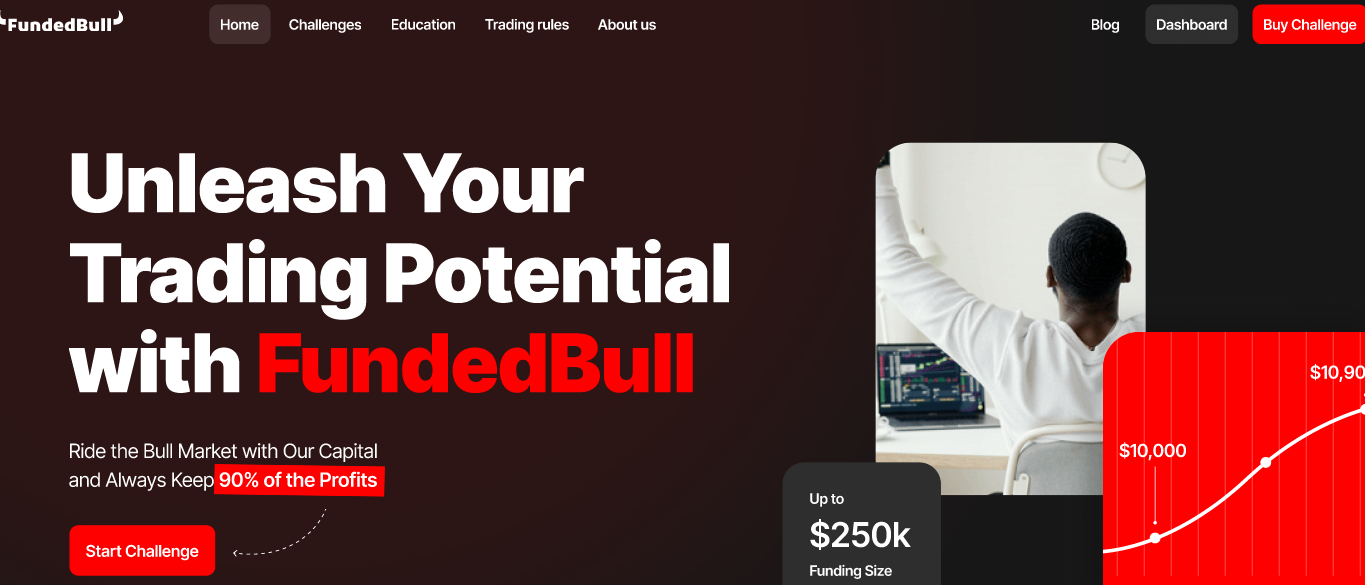

Min. Depo
49 USD

Licences
N/A

Leverage
N/A

Platforms
MT4, MT5, cTrader
Forex.com
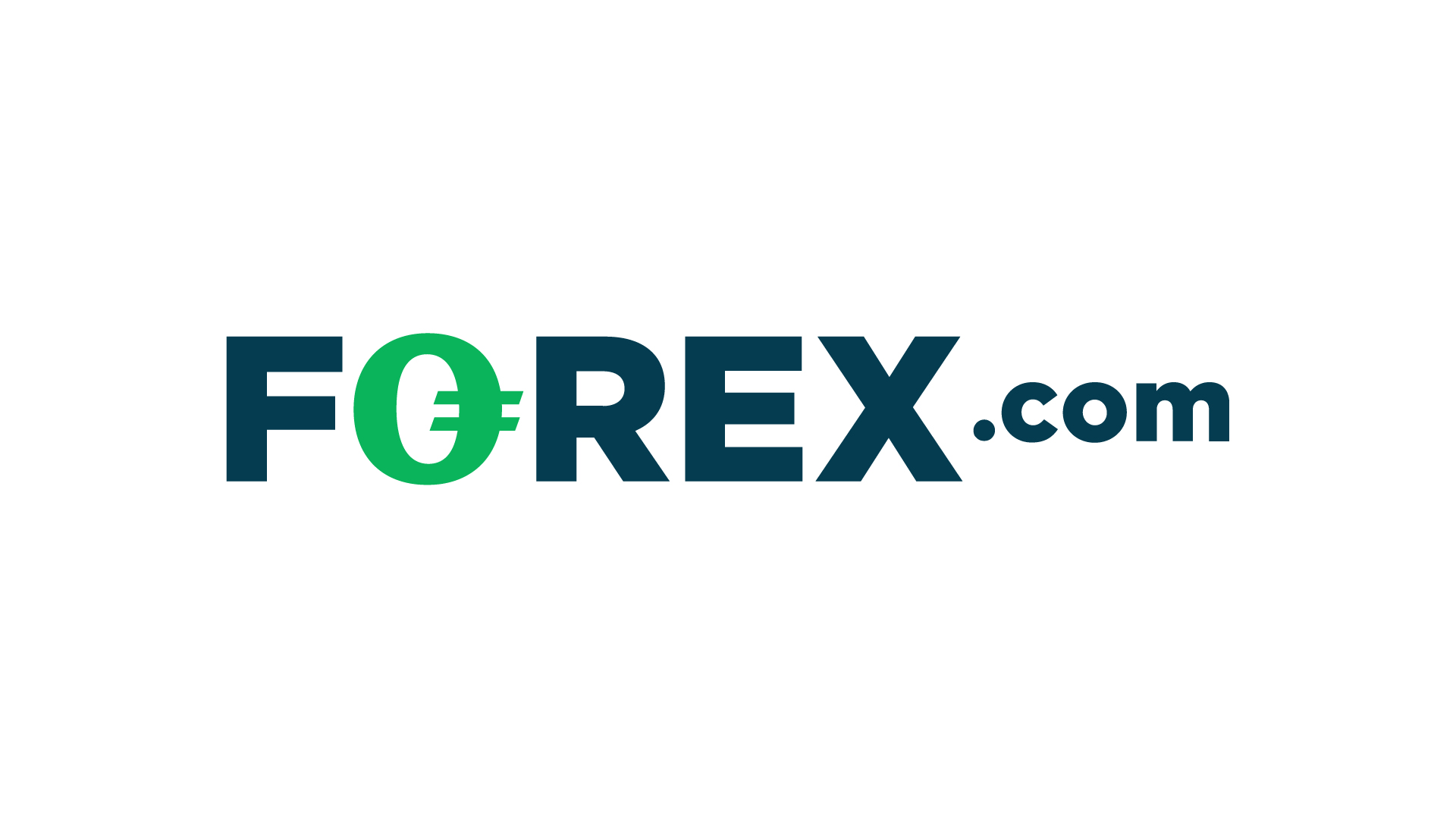

Min. Depo
$100

Licences
NFA, CFTC, FCA, FSA, IIROC and CIMA

Leverage
1:50

Platforms
WebTrader, MT4, MT5
CMTrading

Min. Depo
250 USD`

Licences
FSCA

Leverage
1:200

Platforms
MT4, WebTrader, Copykat
Plus500
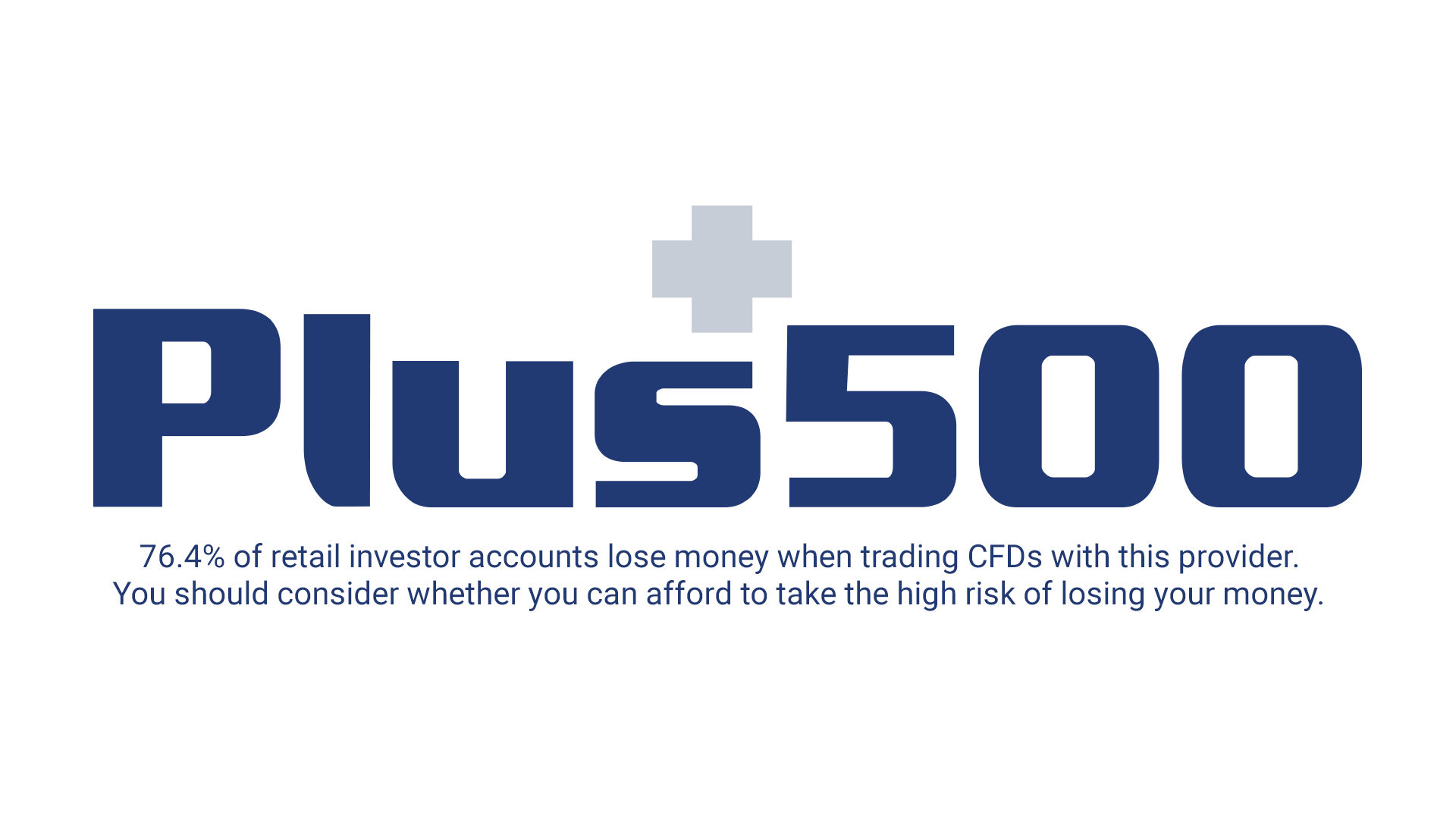

Min. Depo
$100

Licences
FCA, ASIC, CySEC, FSCA, FMA, MAS

Leverage
1:30

Platforms
WebTrader, Windows 10 Trader
Greek Forex regulation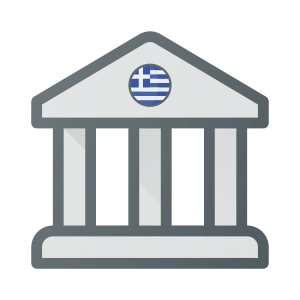
In Greece, the regulatory authority that is in charge of the market is the Hellenic Capital Market Commission (HCMC). HCMC was created back in 1995 and is a fully independent body that is funded by the very marked that it regulates. HCMC’s tasks are numerous and varied, but in a nutshell, its main function is overseeing, controlling, and regulating the financial activities of all the financial entities in the country, except for those of the banking sector. The banking sector falls under the jurisdiction of the Bank of Greece, which is fully in charge of things like issuing EUR in the country, maintaining the stability of the country’s financial system, monitoring and controlling the activity of the banks, etc.
Throughout the years of its operation, HCMC has made a lot of progress in taking the Greek Forex market in a positive direction by introducing a lot of great, effective rules and regulations, all of which are in line with international standards. HCMC is also very dedicated to informing the public of all the relevant information that is required for one to maintain their safety and be informed of the ways of the market. They provide all the relevant information in a very presentable and accessible form on their website, which can be viewed anytime by anyone. With that being said, what are some of the specific approaches that HCMC employs to regulate the market? What specific rules and conditions should you take into account, and what are some of the regulations that aim to protect your interests as a trader?
Restrictions on leverage
Usage of leverage is definitely one of the subjects that are always highly focused on by most regulators. The reason is that it’s a rather risky instrument, and has been a cause of a lot of money loss for many people. As such, many regulators have set some strict restrictions on them. For the countries from the Eurozone, they all follow the guidelines set forth by ESMA, as well as the standards of MiFID. These two aim to harmonize the European trading markets and strive to create a homogenous trading environment in the whole of Europe. This is why the countries in the Eurozone all follow these guidelines and standards set forward by them. As such, in Greece, the limits on leverage will be equal to the standards set by the proper authorities.
Based on the ESMA standards, the brokers are allowed to offer leverage no higher than 30:1, and this is for the popular/major currency Paris such as USD/EUR, EUR/GBP, etc. As the volatility and riskiness of the asset go up, so does the strictness of the leverage limit. As an example, for assets like gold and major indices, leverage is 20:1. For all other commodities, 10:1, 5:1 for individual equities, and for cryptocurrencies, as low as 2:1.
While, at first, you may think that these limits are quite low, you do have to remember that these limits are the result of the guidelines presented by ESMA, and the whole of Europe follows them. These numbers are pretty standard, and they are there for one single goal – ensuring your safety and security.
Increasing the public’s awareness
Besides these restrictions on the actual leverage numbers, what brokers are required to do is to spread awareness as to exactly how risky these leveraged instruments are. For a broker to b allowed to offer leverage to the customers, they are required by law to place thorough and clear disclaimers on their website.
As an example, the brokers are required to calculate and notify exactly what percentage of their customers are losing money by trading with leverage and margin. This way, the customers would know what they’re actually getting into, and be able to make a more well-informed decision.
Negative balance protection
A great layer of security that is offered to the Greek customers is the negative balance protection. Negative balance protection is especially useful and helpful for people who are heavily utilizing leverage. As leverage is there to multiply your trading results, as your wins are multiplied, naturally, so are your losses as well. This means, that there is a possibility of you losing more money than you actually have in your own account. This has been quite a serious issue for many years, and many traders have actually gone into debt because of this issue.
This is why most countries started adopting the rule of negative balance protection, which states that the trader can not lose any more amount than they actually have in their account. This is a great protection mechanism for the traders, which, at the same time, also removes the incentive for the brokers to offer the outrageously high leverage as well.
 Segregation of the accounts
Segregation of the accounts
As a trader in Greece, your funds are given an extra layer of protection thanks to yet another standard common in the Eurozone countries, which is the rule of segregated accounts. What this means is that the brokers are legally required to keep your funds in separate bank accounts, which are different from the one where the broker keeps their own capital. This aids greatly in increasing your security, as the broker would not have the chance to misuse or maliciously use your funds.
Additionally, in case your broker reaches the state of insolvency by going bankrupt or because of any other reason, your funds will be kept away separately, safe and sound.
Economic overview of Greece and its Forex market
Despite its importance and achievement as one of the most historically-important nations in the world, it could be said, that Greece is now only the shadow of its former glory. The reason for that is not only the fact that the country has gone through some rough times after being at its height but also because of the fact that it has had some serious economic issues, especially recently.
During the 2008 crisis, out of all the countries, it was quite possibly Greece that suffered the most damage, economically speaking. It got so bad, that Greece had to be economically bailed out from the IMF, heavily damaging the country’s financial reputation and its diplomatic relations with the other EU members. This crisis was not to be ended at that point though. Greece was to have a major period of economic hardship for 10 more years, and things only started to get a bit better by 2018. Before all of this, the national currency of Greece was the Greek Drachma, which was also used as far back as the period of Ancient Greece. Currently, the bank of Greece is hard at work on implementing the EU monetary frameworks in the country.
Despite all the economic hardships that the country had to go through, as of today, Forex trading is definitely in a good spot, as the interest is on the rise, and many brokers are now happily providing their service to the Greeks. The country’s main stock market is the Athens Stock Exchange (ATHEX), which has a market cap of $69 billion as of 2019 data. Here, investors can freely invest in stocks, ETFs, bonds, and many other financial instruments.
Investment and Forex opportunities in Greece
Considering the economic upheavals of Greece that we just discussed, one may expect that there should not really be a lot of opportunities for Forex trading in Greece. While this thought may be warranted, this is not the truth, as Greece definitely offers a lot of opportunities for anyone interested in having a successful and productive Forex trading experience in the country.
Greece’s economy, while it has had really tough times, albeit very slowly, has recently started to finally rebound, and head towards a more positive direction. This, of course, opens up doors to new opportunities. As an individual interested in getting started with Forex trading in Germany, what kind of opportunities should you expect? What are the advantages and disadvantages, and what to look out for? Let’s briefly discuss those, so you can have a better idea of what to expect.
While there has definitely been an increase in numbers, Greece is not much of a great exporter country. In 2019, it exported a total of $37.8 billion’s worth of goods to the rest of the world, which is definitely on the lower end in European standards. This is to be expected though, due to the economic difficulties we discussed.
From this total export number, the biggest share would go towards mineral fuels and oil, with a $11.9 billion dollar in value, and a 31.5% share of the total export number. Considering that Greece is not known to be one of the major “oil countries” like Saudi Arabia, Kuwait, etc, and that oil still represents its biggest export, it becomes easier to understand why the country has been having a hard time economically.
Beyond that, the remainder of Greece’s biggest exports falls quite a bit short from the first one, as the second biggest export of the country would be pharmaceuticals, standing at a measly $2.2 billion (5.7%), which is definitely a very low number for the country’s second-biggest export. The rest of the exports are, of course, quite low as well, although they are fairly balanced and close to each other, with machinery and computers at $2 billion (5.2%), Aluminium at $1.9 billion (5.1%), Plastics at $1.3 billion (3.5%), etc.
It needs no mentioning that these export numbers are quite low, but another problem is that the above are also some of Greece’s most commonly-imported assets as well, which means that it has a lot of trading deficit. While this is definitely a problem for the economy of the country itself, as a trader, there is still a lot of room for profit, provided you play your cards right. The point is that although the country’s economy is very far from the ideal state, it still does offer enough diversity and potential for a committed Forex trader to make money.
It all comes down to taking the time to make the necessary research, comparing and weighing out all of your options, and taking the best course of action for your personal needs and goals. One of the most important parts of this whole process is choosing the right broker in the first place, which definitely has the potential to make or break your whole trading experience and outcome. This is why we recommend that you take a very thorough look at our list of Forex brokers, and only choose the one which fits your needs the best.
Pros and cons of the Greek Forex trading brokers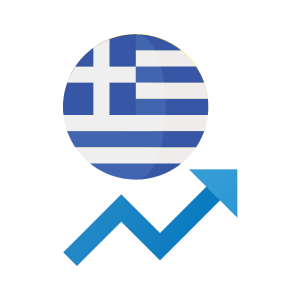
Here is what we think the Greek Forex market’s advantages and disadvantages are:
Pros
- Greece is a part of the Eurozone, so you can trade with any EU-licensed broker
- Forex community is steadily growing in the country
Cons
- The country has a very weak economy
- There are not many local brokers
Summing up the Greek Forex market
It has never been a secret for anyone that the Greek economy has been having and still has, some definite economic difficulties. The country has gone through severe setbacks due to the 2008 economic crisis and has received some heavy criticisms from many other countries due to the bailouts that it needed. Due to this, for a long time, much of everything that Greece has been involved in has been an uphill battle for it, Forex aside.
Despite all these issues, the local populace’s interest in Forex trading is only increasing, and they’re now are many Forex traders in the country, with the number only increasing by the day. Additionally, the local authorities are hard at work to make sure that the constant growth is achieved, and that they are always making necessary changes and implementations to take the market to the next level, and bring it as close to the international standards and practices as possible. Considering all of this, we would say that the Greek Forex market definitely deserves for you to give it a shot.


